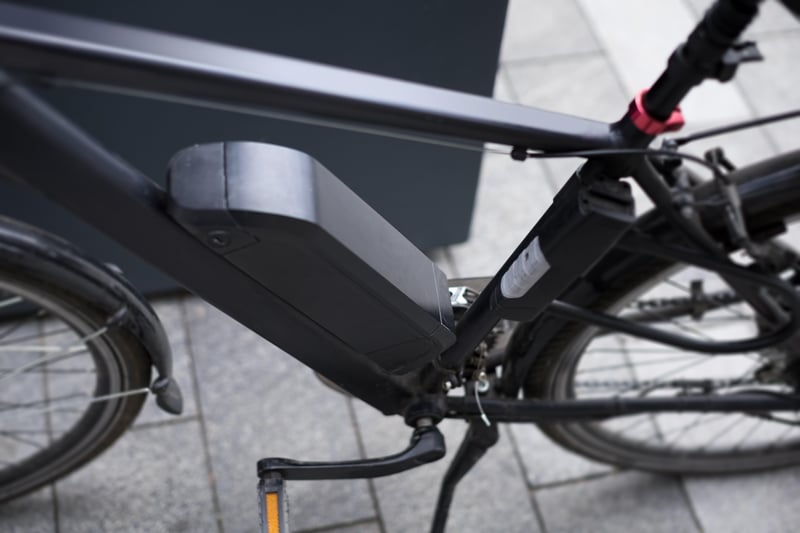Get Healthy!

- By Dennis Thompson HealthDay Reporter
- Posted October 12, 2022
Your E-Bike Is No Match for Real Biking: Study
That e-bike might make hilly rides a lot more fun, but it's not improving your fitness the way a good old-fashioned bicycle would, a new study shows.
People riding e-bikes are 44% less likely to reach weekly targets for physical activity than those on regular bicycles, according to a report published online Oct. 12 in BMJ Open Sport & Exercise Medicine.
That's because they ride their e-bike less often, and when they do it's less physically demanding, the researchers found.
"Given the observed higher energy expenditure when using a traditional bicycle, it appears we should recommend bicycles rather than e-bikes to attain optimized health effects,"lead study author Hedwig Boeck, of the Institute of Sports Medicine at Hannover Medical School in Germany, and colleagues concluded.
E-bikes sport an electric motor that provides riders with a little boost as they climb hills, the study authors explained in a journal news release.
For this study, the researchers compared 1,250 e-bike riders to 629 conventional cyclists in Germany during a four-week period. All riders recorded their riding time, distance traveled and heart rate, using a smartwatch activity tracker.
E-bikers tended to be older and heavier and have more health problems than regular cyclists, the investigators found.
E-bikers wound up getting in almost 70 fewer minutes of moderate to intense physical activity each week during rides than conventional cyclists, who tended to rack up 150 minutes or more on their bikes weekly, the findings showed.
Traditional bicyclists also rode more often, six times a week compared to four for e-bikers.
A normal bike ride also got the heart pumping harder, an average 119 beats per minute compared to 111 beats for e-bikers.
What's worse, e-bike riders also had a 63% higher risk of a traffic accident than folks on regular bikes, the research team reported.
"Since an electrically assisted bicycle usually goes faster and weighs about 30% to 50% more than a conventional bicycle, it could be postulated that its handing is more difficult and accidents are more likely to occur,"Boeck and colleagues wrote.
However, the researchers added that e-bikes still provide a good opportunity for people who are older or overweight to get more exercise than they would otherwise.
"Stated purchase motives indicate that e-bikers appreciate the ease of use and comfort of e-bikes and the opportunity to increase their health and fitness, which confirms previous findings that e-biking provides the option to continue cycling despite physical limitations and has the potential to maintain physical activity and fitness,"the team reported.
More information
The Cleveland Clinic has more on the health benefits of cycling.
SOURCE: BMJ Open Sport & Exercise Medicine, news release, Oct. 11, 2022





